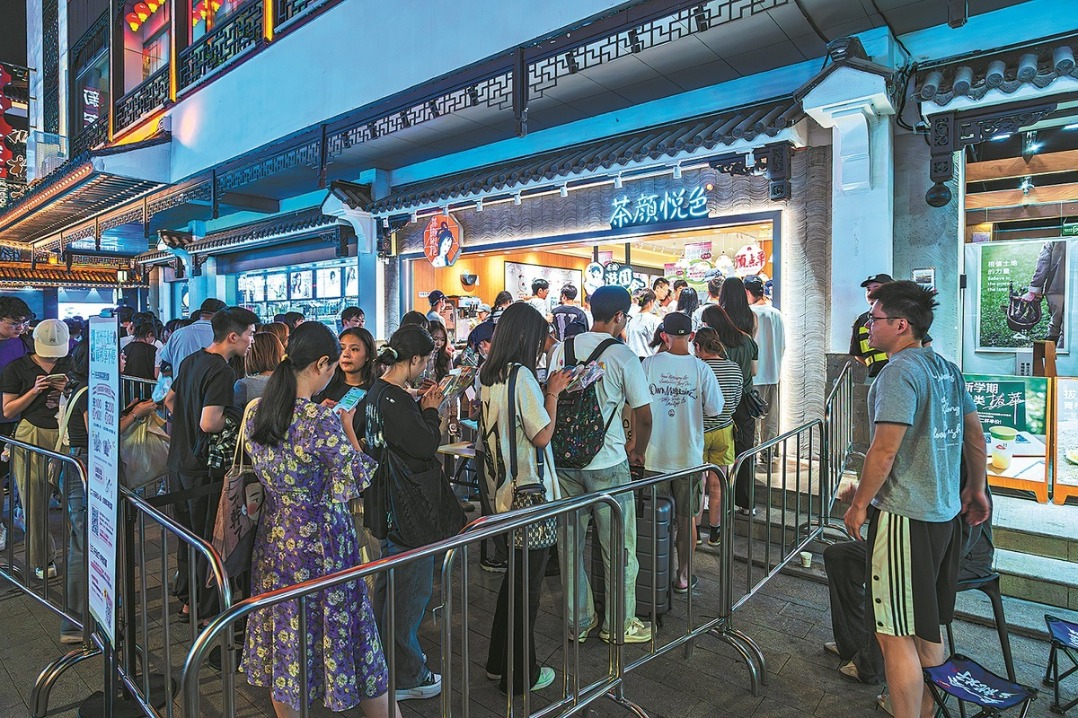Brushing up on history of Tomb Sweeping Day


Merging festivals
While the solar term Qingming was first recorded in the Western Han Dynasty, it was not until the Tang Dynasty, that it was decreed a national holiday to honor the dead, and combined with customs from other festivals which occur at the same time.
One of those festivals was Hanshi, meaning "cold meal", which fell two days before Tomb Sweeping Day. For three days, ancient people refrained from using fire and ate only cold meals.
The tradition was born out of a story about a wronged loyal official. During the Spring and Autumn Period (770-476 BC), Emperor Wen of Jin, before ascending the throne, fled the country for 19 years, protected by a court official named Jie Zitui.
After gaining the throne, he was keen to call on Jie's services once again, but as Jie did not value titles or money, he rejected the offer and chose to live in the mountains with his mother. The emperor listened to the advice of other officials and tried to force Jie out of the mountains by starting a fire but ended up killing him.
To pay tribute to Jie, the emperor issued an order that people are forbidden from using fire and can only eat cold food on the day.
Shangsi, another festival that influenced Qingming, falls on the third day of the third lunar month. The festival celebrates the revitalization of nature, washing away the bad aura from the previous year and praying for good health. Taking walks outdoors and holding banquets also became customs of the festival.
The boundaries between these three festivals began to diminish after the Tang and Song (960-1279) dynasties. However, during the Ming and Qing dynasties (1368-1911), the Hanshi and Shangsi festivals both largely vanished.
Xiao Fang, a professor at Beijing Normal University and an expert on folklore, writes in his book Records and Concepts of the Seasons that Qingming, being both a period focusing on nature and one of traditional rituals, reflects the ancient Chinese philosophy of heaven and humanity as a whole.
"The customs of Tomb Sweeping Day are varied, but they can be summarized into two traditions," Xiao says. "First is to perform funeral rituals for the deceased and earnestly offer sacrifices to ancestors, and the second is to get close to nature and cherish life."
























